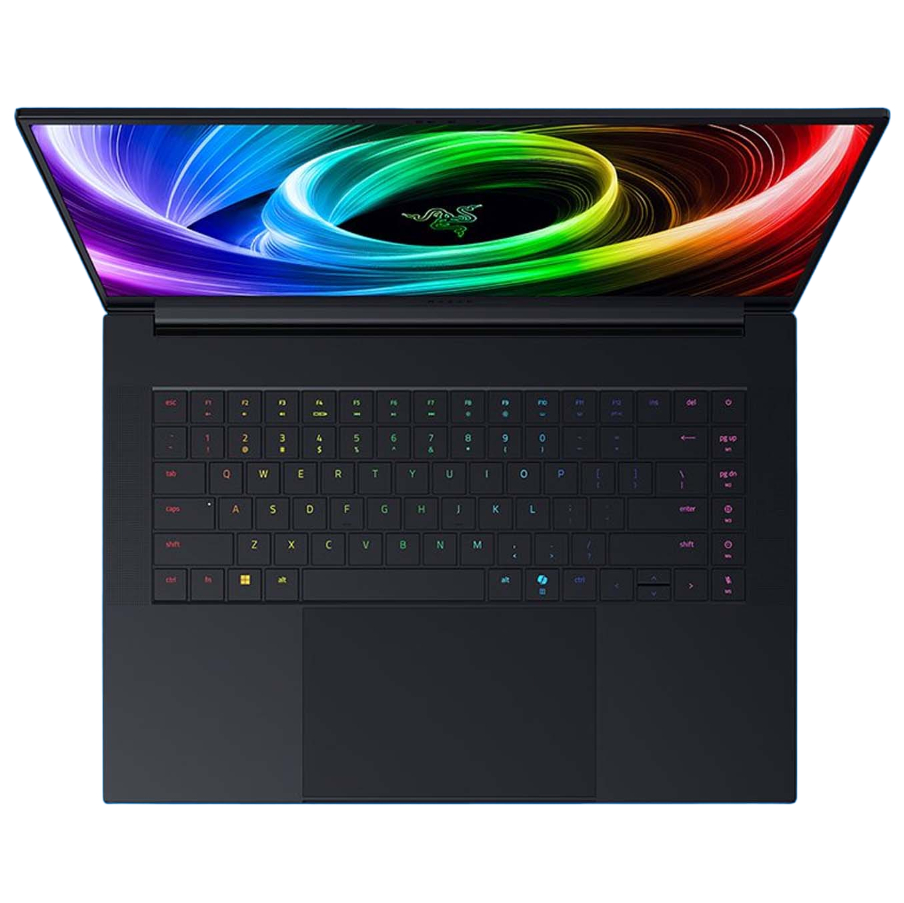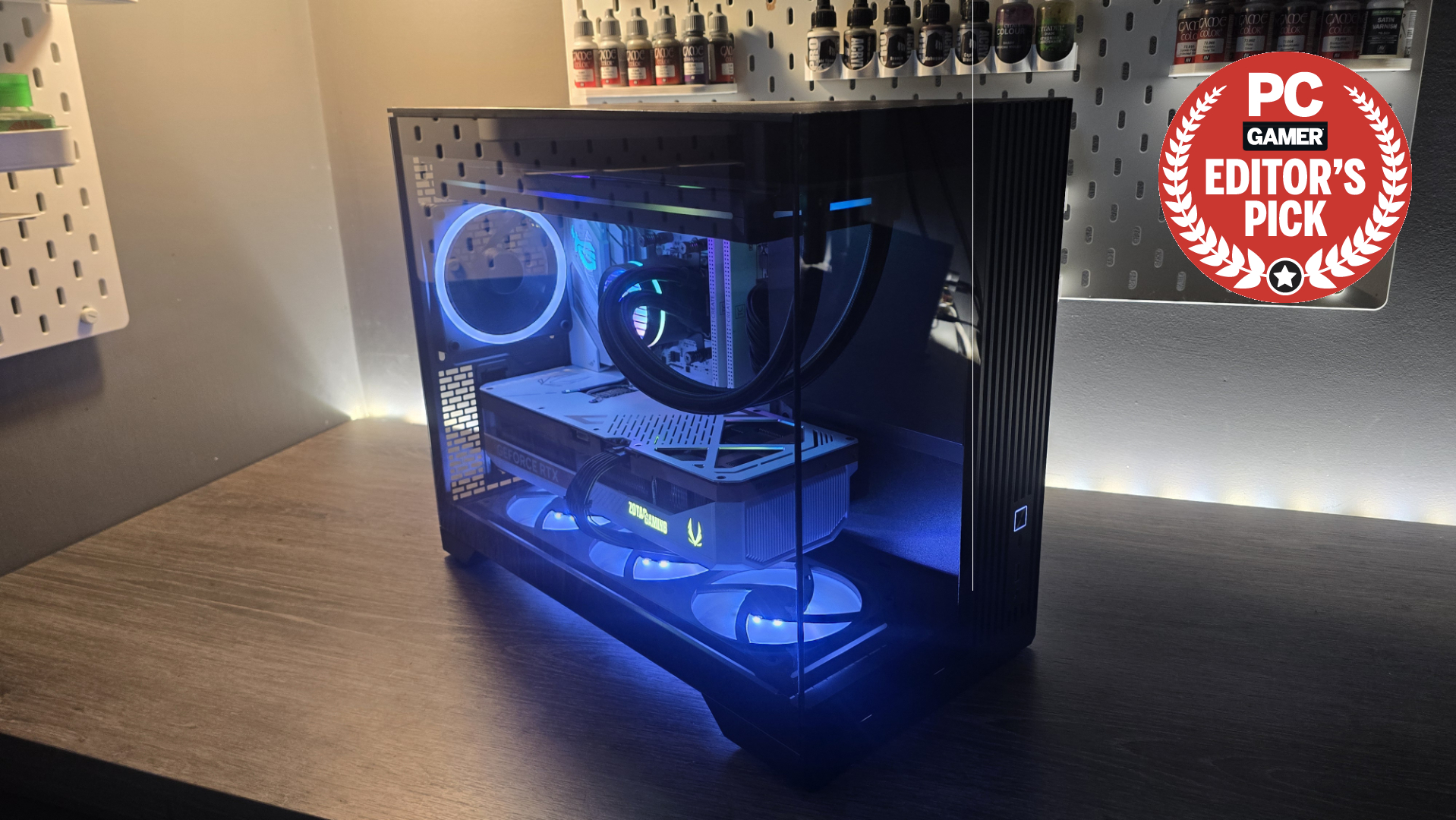Critics claim the latest judgement against Google is a 'feckless remedy to the most storied case of monopolisation of the past quarter century' while the US DOJ says 'we're not done'
"You don’t find someone guilty of robbing a bank and then sentence him to writing a thank you note for the loot."

Keep up to date with the most important stories and the best deals, as picked by the PC Gamer team.
You are now subscribed
Your newsletter sign-up was successful
Want to add more newsletters?
Just this week, it was announced that, despite being declared a monopolist last year, Google would not be forced to sell Chrome, and the reaction has certainly not been all positive. Politicians, CEOs, and even Tim Sweeney are not happy about what is being perceived as just "a slap on the wrist" for its illegalities.
As noted by the Guardian, Barry Lynn, the executive director of the Open Market Institute thinktank, says, “Judge Mehta’s order that Google share search data with competitors and cease entering into exclusive contracts does nothing to right those wrongs. Instead, it lets Google and every other monopolist know that even the most egregious violation of law will be met with a slap on the wrist.”
Nidhi Hedge, the executive director of the American Economic Liberties Project, argues, "You don’t find someone guilty of robbing a bank and then sentence him to writing a thank you note for the loot… Similarly, you don’t find Google liable for monopolisation and then write a remedy that lets it protect its monopoly. This feckless remedy to the most storied case of monopolisation of the past quarter century is a complete failure of his duty and must be appealed."
Judge Mehta has overseen this case since it started in 2020, but things have changed rather dramatically since. In his latest ruling (PDF), Mehta argued that the emergence of generative AI has "changed the course of this case." The stated goal with remedies is to stop Google from having the same level of dominance it has within the budding field of generative AI that it has with search engines.
Though Google will not be forced to sell Chrome, it will have to share some index and user interaction data with "qualified competitors", and must also share search and text ads syndication services. It also must not enter into any exclusive contracts in relation to the distribution of its search tools, assistant, or Chrome.
Whoa: Google lost the search antitrust case a while back, but just resoundingly won the remedies phase. They can continue doing all of the stuff the court found unlawful, but with some minor new data sharing obligations limiting search default payoffs to 1-year terms. https://t.co/SZYHYNrIuuSeptember 2, 2025
Mehta states that Google's "best-in-class search quality, consistent innovations, investment in human capital, strategic foresight, and brand recognition" are what helped attain and hold that monopoly. The court document argues Google's spot at the top of the digital pecking order is not "sufficiently attributable to its illegal conduct to justify divestiture."
Senator Elizabeth Warren claims, "The judge’s remedies fail to hold Google accountable for breaking the law," and Epic Games' CEO Tim Sweeney says Google "can continue doing all of the stuff the court found unlawful, but with some minor new data sharing obligations limiting search default payoffs to 1-year terms."
Keep up to date with the most important stories and the best deals, as picked by the PC Gamer team.
Just this week, the US DOJ declared it won "significant remedies against Google". This was soon followed by Gail Slater, the head of the DOJ's antitrust division, stating, "We're not done." The DOJ pushed for Google to divest Chrome as recently as March this year, and Chrome seems to have been in the DOJ's sights for some time.
In a different case this week (via Reuters), Google was ordered to pay $425 million in a class action lawsuit for invading users' privacy and collecting data. Google had announced it would be attempting to appeal this decision, with Google spokesperson Jose Castaneda stating, "Our privacy tools give people control over their data, and when they turn off personalisation, we honour that choice.”
The Chrome case is set to reach its conclusion on September 10, with both parties agreeing to finalised remedies based on the court's order. If the DOJ's response isn't just bluster, it may not actually end here.

👉Check out our list of guides👈
1. Best gaming laptop: Razer Blade 16
2. Best gaming PC: HP Omen 35L
3. Best handheld gaming PC: Lenovo Legion Go S SteamOS ed.
4. Best mini PC: Minisforum AtomMan G7 PT
5. Best VR headset: Meta Quest 3

James is a more recent PC gaming convert, often admiring graphics cards, cases, and motherboards from afar. It was not until 2019, after just finishing a degree in law and media, that they decided to throw out the last few years of education, build their PC, and start writing about gaming instead. In that time, he has covered the latest doodads, contraptions, and gismos, and loved every second of it. Hey, it’s better than writing case briefs.
You must confirm your public display name before commenting
Please logout and then login again, you will then be prompted to enter your display name.

